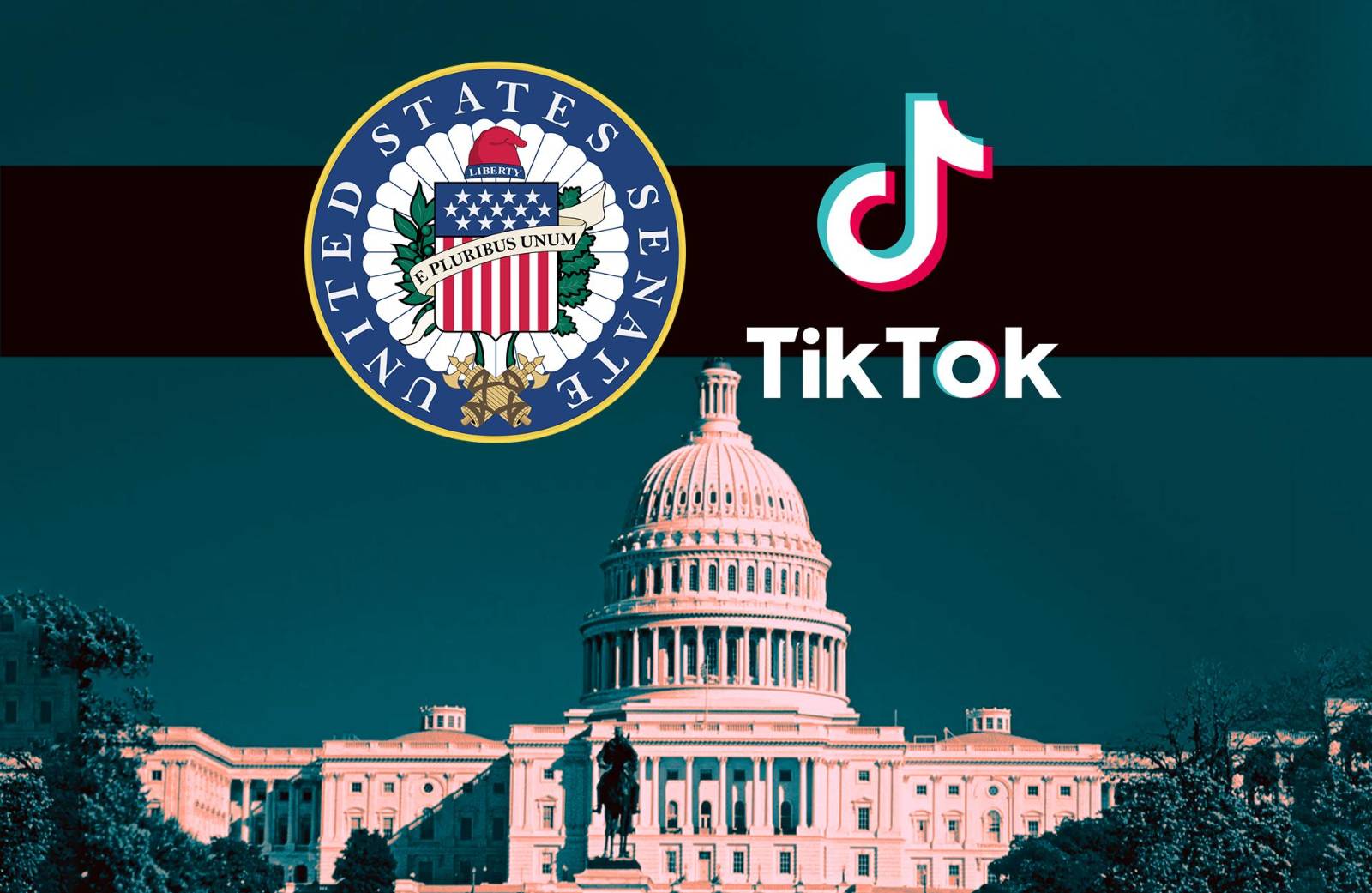Four senators have proposed a bipartisan bill that would require parental consent for minors to use social media, with an outright ban for any child under the age of 13.
The Protect Kids on Social Media Act was proposed by Sens. Katie Britt, R-Ala., Tom Cotton, R-Ark., Chris Murphy, D-Conn., and Brian Schatz, D-Hawaii.
It would make age verification voluntary for adults, but mandatory for minors using social media apps like TikTok, Instagram and Snapchat. It would also require social media platforms to implement “verification technologies and documentation” that confirm parental permission.
In addition, the proposed bill sets age requirements for minors on social media and prohibits algorithms targeting users under 18-years-old. The Federal Trade Commission could fine social media platforms millions for violating the bill.
The Sens. each defended the act, pointing to social media and its ability to cause depression and major mental health issues among minors.
Senator Murphy highlighted social media algorithms leading children down “dangerous online rabbit holes,” leaving parents unaware of their children’s online activity.
Senator Schatz also addressed how these algorithms target children. He told reporters on Wednesday that social media companies have discovered a way to keep children online.
“The way to get kids to linger on the platforms and to maximize profit is to upset them — to make them outraged, to make them agitated, to make them scared, to make them vulnerable, to make them feel helpless, anxious [and] despondent,” he said.
Schatz added that social media is harming children’s mental health and companies are profiting from it.
“This needs to stop. Our bill will help us stop the growing social media health crisis among kids by setting a minimum age and preventing companies from using algorithms to automatically feed them addictive content based on their personal information.”
In a press release, Schatz blamed social media usage as the cause of America’s youth mental health epidemic, citing the CDC’s Youth Risk Behavior Survey.
The survey found that 57 percent of high school girls and 29 percent of high school boys experienced persistent sadness or hopelessness in 2021.
A further 22 percent of all high school students reported they had seriously considered attempting suicide.
The study also found that screen usage for children between the ages of eight to 12 increased by 17 percent from 2019 to 2021. This time frame was the height of the COVID-19 pandemic.
Screen usage for this age group ballooned from five hours and 33 minutes each day to eight hours and 39 minutes.
Senator Cotton echoed the concerns of both Schatz and Murphy. He said the bill would “put parents back in control of what their kids experience online.”
“The only beneficiaries of the status quo are social media companies’ bottom lines and the foreign adversaries cheering them on,” Senator Britt added. “I look forward to working with my colleagues on both sides of the aisle to enact the commonsense, age-appropriate solutions needed to tackle this generational challenge.”
While the proposed legislation would stop children accessing social media platforms without age verification, it does not outline any content restrictions.
The law would be enforced by the Department of Commerce. But some have expressed concern about expanding the government’s role in regulation age verification on the Internet.
Sen. Richard Blumenthal (D-Conn) and Sen. Marsha Blackburn (R-Tenn) plan to reintroduce their similar bill called the Kids’ Online Safety Act.
Sen. Blumenthal voiced concerns about such sensitive information being misused or exploited by Big Tech. He also said that the Protect Kids on Social Media Act would place accountability on parents, while their bill would place accountability on Big Tech.
Schatz defended the proposed law, saying that “the burden of proof is on those who want to protect the status quo because the status quo is making a whole generation of users mentally ill.”







